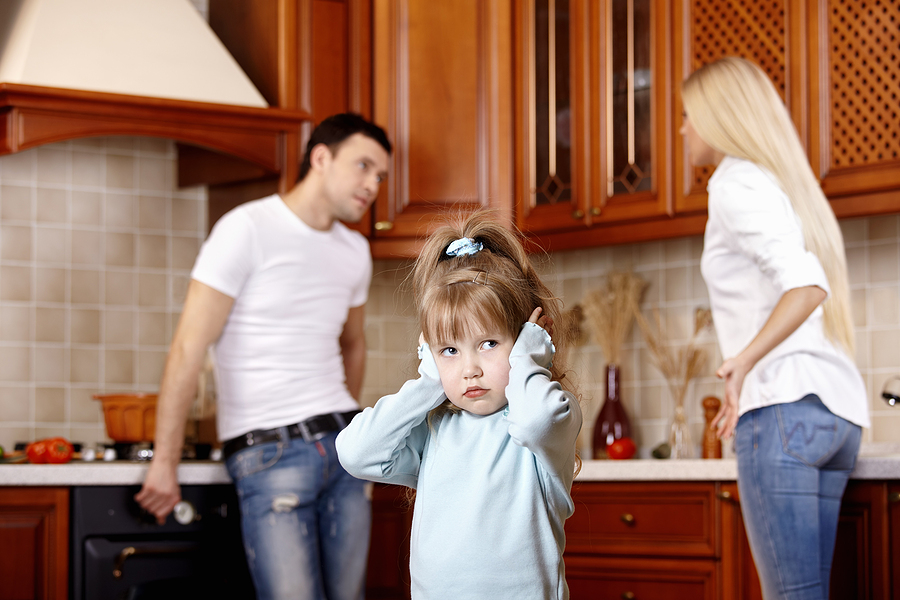Your Guide to Helping Children Through the Divorce Process
December 10, 2021
Filing for divorce is stressful, and for most parents, considering the impact that divorce will have on their children makes things even more stressful. The process can be bumpy, but with open communication, you can help your children understand the situation and know what to expect.

Talking to Your Children When Filing for Divorce
Every parent wants the best for their children, and no parent wants to feel that their filing for divorce has hurt their child. While you may want to shield your children from the news, it’s important to talk to your kids about it. For many kids, the stress doesn’t come from the divorce itself, but from feelings of uncertainty and not knowing what the future will hold for them. They will have questions about how filing for divorce will impact their life. When you are going through the process, ask them questions about how they feel and encourage them to ask you questions right from the beginning.
Help Your Kids Manage Their Emotions
Children will go through a range of emotions throughout the divorce process. They can act out unknowingly about what is happening to their family. Assure your kids that their feelings are valid, important, and heard. When you are listening to your child share their emotions, there are a few things to avoid:
-
Bringing your own emotions into the process as a counter.
Yes, your kids need to know that you have emotions about the process too, but you don’t want your children to feel that their feelings are not as important as yours.
-
Trying to problem solve.
Focus on listening and thanking your kids for their honesty. There will be times to strategize, but you don’t want to minimize their feelings by trying to change them with a simple fix. Let them know you understand how they are feeling. Sometimes just knowing someone understands what you are going through is comforting.
-
Getting upset yourself.
Your children do need to know that you are struggling with emotions too, but you don’t want them to feel responsible for your feelings. If you are struggling, it’s ok to bring someone else in to talk to your kids.
-
Forcing a “happy face”.
Kids have a right to their feelings, just as you do. Model healthy ways to deal with your emotions while still validating them. Don’t pretend to feel a certain way to benefit your kids. There’s nothing wrong with letting them know you are emotional and hurting through this process too.
Take the High Road
During a divorce, it is extremely hard to remain emotionally honest while avoiding speaking badly about your spouse, but your kids don’t need to feel caught in the middle. Research shows that the biggest factor in adjustment after divorce for kids is the level of parental conflict they see. It puts kids in the terrible place of needing to take sides or listen to negative things said about their parents. Try not to use your kids as messengers. Kids will begin to resent it when they feel they’re asked to “spy” on their other parent even if you’re just asking about what’s going on in the other household. Try to communicate directly with your co-parent about scheduling, visitation, health issues, and school.
Be Ready to Answer Questions
You may not always know what’s going to happen, but try to encourage your kids to ask questions, and do your best to provide the best answers you can. Questions can come up through the process as new information comes into play or changes occur, so be ready. If you don’t know, let them know, but let them know that you will try to find out as best you can.
Divorce is difficult and stressful on the whole family. Keeping an open line of communication is the best way to help your children navigate the process. If you’re going through a divorce, and you have questions about the process ahead of you, or you’re looking for an experienced family law attorney, contact my office today.
